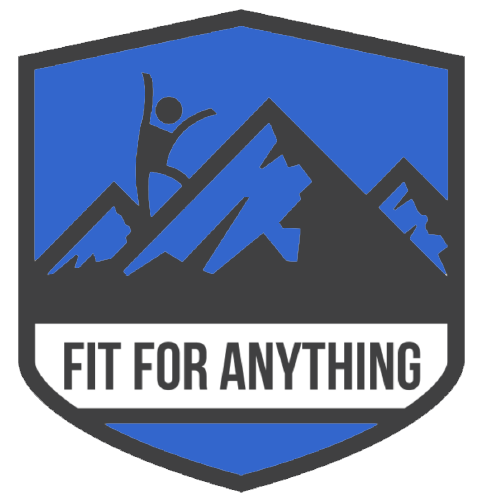When it comes to goals, one of the most commonly seen is “I will increase my daily step count”. We look at the benefits of this and ask, what is the magic number of steps?
Viewing entries tagged
health
With people in the Mediterranean living on average 3 years longer and remaining more active in their last decade of their lives than in the rest of Europe, it is no wonder many people move there. But the next best thing might be to start with the Mediterranean Diet! Find out why.
If you're looking for a fitness, health and wellbeing-related gift for someone, this could be a great place to find something that will be practical, appreciated and affordable.
When you are committed to becoming fitter and healthier you need to educate yourself on several things, for example, your diet, best ways to exercise, how to avoid injury and top tips for recovery. Not the first thing to come to mind, being aware of your blood oxygen levels during exercise is also extremely important.
There seems to be a common misconception regarding age and working out. Your age needn’t set limits on your health and fitness goals. Past forty so beyond help? Think again.
Your thyroid is important, very important actually as its "job" is to regulate more or less all of the major metabolic functions in your body. It is responsible for regulating sensitivity to other hormones, controls new protein building, controls how fast/slow your metabolic rate is, calorie burning and that's just the beginning.
Across the internet, magazines and fitness blogs you will hear people telling you that coffee is bad, or at least that coffee is bad if you have too much of it. There's that pesky caffeine, which at higher levels may, rather than give you the edge that you need be something that leaves you jittery. And those are the good points apparently. Realistically a few cups of your favourite coffee is not necessarily a bad thing at all, and a little of what you fancy most definitely does you good.
It would certainly seem that giving / donating blood could be beneficial to your health as well as to the health of others. This isn't the reason the majority of people who visit their blood bank or similar donate, with the usual motivation being to give a little back and to do their bit. That said it does seem that as well as your blood donation helping as many as three people in need it can also benefit your own health.
We are what we eat (apparently) as well as ourgenetics define our success in training to meet health and fitness goals according to some "experts". In that case why do we bother? We bother because we have more control over your life that these findings would suggest, something that is backed up by the study of epigenetics. Those knowledgeable about genetics and all things cell-related will tell you that epigenetics is the study of (in basic terms) how environmental factors can alter genes (effectively activating them and switching them off) and more.
Once upon a time we ate our food straight from the ground or the farm, drank water or milk and enjoyed a relatively chemical-free existence. Nowadays many foods and ingredients are chemically altered in order to make them last longer or taste better. Some of these additives as they are known are harmful and at the very least should be consumed sparingly if at all.
The NHS, the media, your friends and family; everyone is keen to tell you that exercise is good for you. This blog is a little more specific. Did you know that as well as the obvious benefits of exercising regularly this type of activity may also boost your gut health? Studies from Ireland that have recently been released have reported that exercising effectively and regularly help to increase and support the diversity of your good bacteria naturally.

